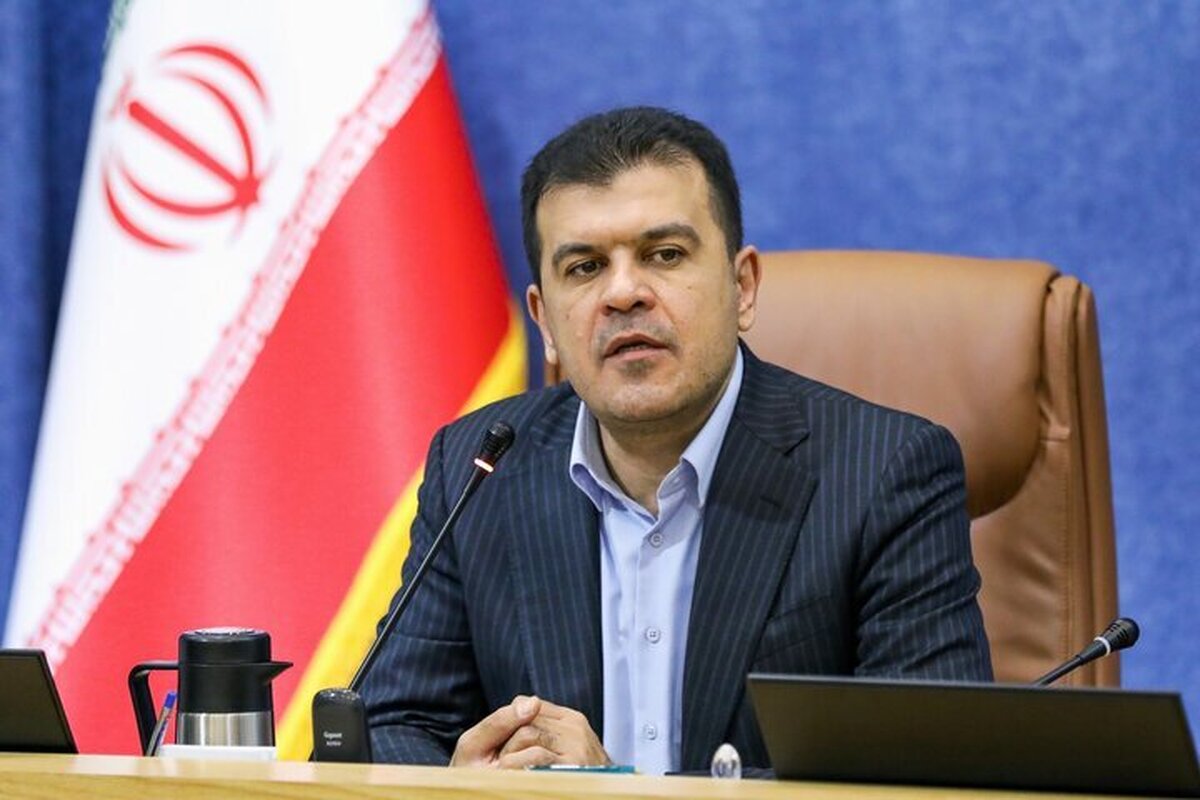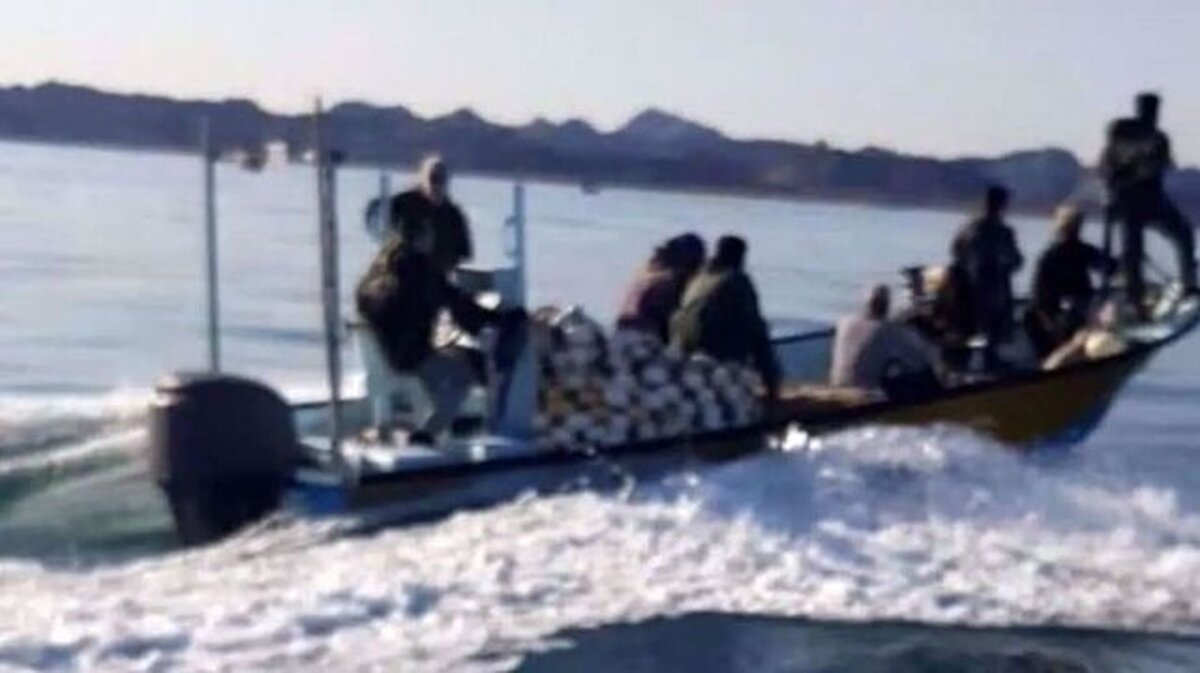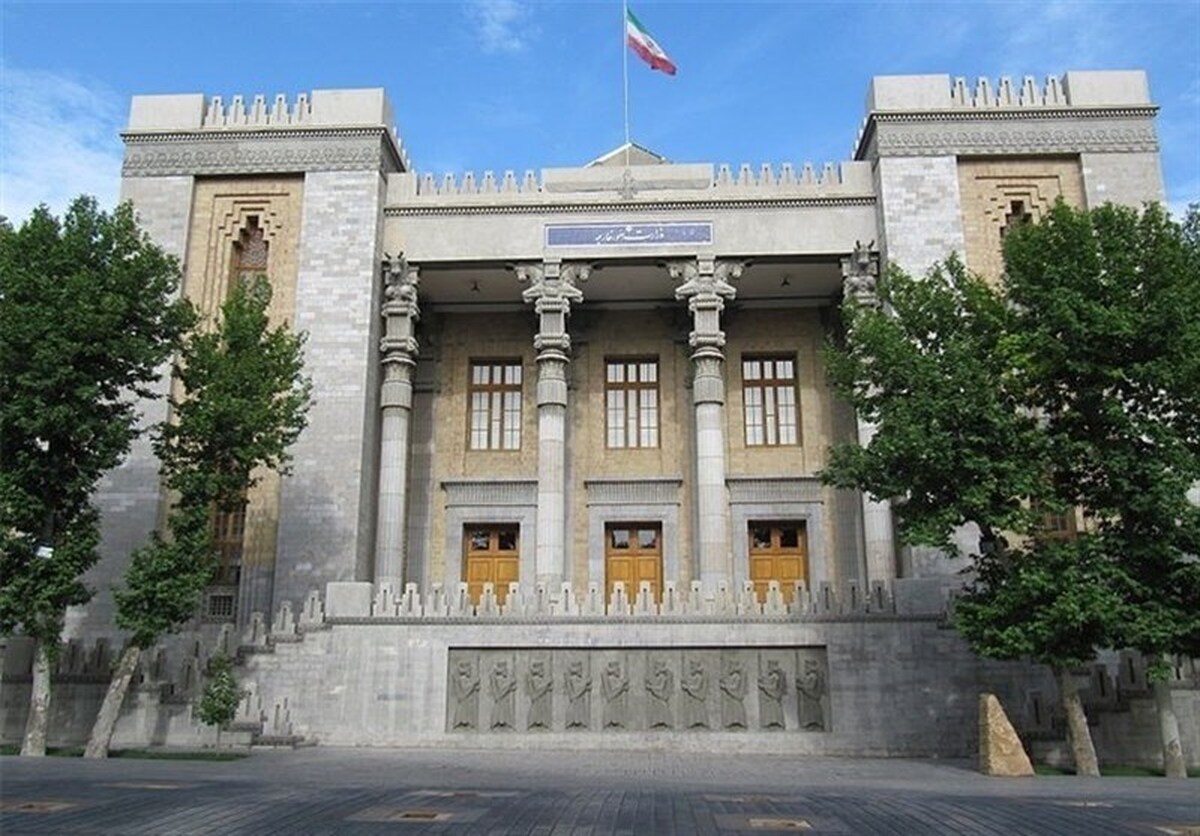
Trade With Persian Gulf States Tops $28 Billion in 11 Months
EghtesadOnline: Iran traded 55.84 million tons of goods worth $28.36 billion with Persian Gulf littoral states, namely Iraq, Kuwait, Qatar, the UAE, Bahrain and Saudi Arabia, during the 11 months to Feb. 19, latest data released by the Islamic Republic of Iran Customs Administration show.
The UAE was Iran’s top trade partner among the Persian Gulf states under review with 21.3 million tons worth $18.8 billion. It was followed by Iraq with 30.36 million tons worth $9.27 billion and Kuwait with 3.07 million tons worth $152.54 million.
Iran’s exports totaled 42.02 million tons worth $12.72 billion.
Iraq was the main export destination with 28.02 million tons worth $8.22 billion and was followed by the UAE with 9.84 million tons worth $4.23 billion, Kuwait with 3.07 million tons worth $139.26 million, Qatar with 1.09 million tons worth $124.61 million, Bahrain with 11,770 tons worth $8.11 million and Saudi Arabia with 429 tons worth $41,405.
Imports stood at 13.82 million tons worth $15.64 billion.
The UAE topped the list of exporters to Iran among Persian Gulf states with 11.46 million tons worth $14.57 billion. It was followed by Iraq with 2.35 million tons worth $1.05 billion, Kuwait with 7,385 tons worth $13.28 million, Qatar with 1,937 tons worth $7.76 million and Bahrain with 97 tons worth $1.42 million.
Iran’s trade with Persian Gulf littoral states stood at 50.76 million tons worth $22.36 billion in the year ending March 20, 2021.
Raisi in Qatar
President Ebrahim Raisi left Tehran for Doha, Qatar, in March to meet Qatari Emir Sheikh Tamim bin Hamad Al Thani and attend a summit meeting of the Gas Exporting Countries Forum.
The two-day visit was at the official invitation of the Qatari Emir.
Qatari Minister of Transport Jassim Seif Ahmed al-Sulaiti met with Iranian Minister of Roads and Urban Development Rostam Qasemi, who was also part of the delegation visiting Qatar.
The two ministers reviewed aspects of cooperation between Qatar and Iran pertaining to transport, marine navigation, harbors, air transport and civil aviation, and ways of further enhancing them, the Qatari Ministry of Transport said in a statement.
Iranian Ambassador to Qatar Hamid Reza Dehqani also attended the meeting.
Iran and Qatar have been forging stronger economic ties ever since a number of Arab states led by Saudi Arabia abruptly severed diplomatic relations with Doha in June 2017 and imposed a blockade on the Persian Gulf country, accusing it of supporting terrorist groups. The Qatari government denied the allegation as baseless, blasting the blockade as unjustified and a violation of international law.
Following the development, Iranian exporters have vied for the Qatari market in the absence of Doha's traditional Arab partners.
Qatar shares the world's largest natural gas field with Iran.
Resumption of Trade With Saudi Arabia
After a one-and-a-half-year hiatus in trade, Iran exported $39,000 worth of commodities to its southern neighbor Saudi Arabia since Raisi’s presidential term began in August, the spokesman of the Islamic Republic of Iran Customs Administration said a few months ago.
“Of the overall sum, $33,000 pertained to a kind of glass used in traffic signs and $6,000 belonged to tiles,” Rouhollah Latifi was also quoted as saying by Mehr News Agency.
“This marks a new beginning in economic, political and cultural relations between Iran and Saudi Arabia after the two countries began negotiations to solve tensions.”
Sadreddin Niavarani, a member of the board of directors of Fruit and Vegetables Exporters Association, says Saudi Arabia can be a big market for Iranian agricultural products, ILNA reported.
“Before tensions emerged between the two countries, Iran used to export around $1 billion worth of agricultural commodities to the Arab country annually. Our main exports were apple, kiwi, apricot, cherries, peach and nectarine,” he said.
“The Saudi people have always taken a liking to Iranian products. There are no hard feelings between the businesspeople of the two countries and old trade partners have continued working with each other despite political issues.”
The official noted that the two sides continued trade exchanges even during tense ties, as commodities were traded through intermediaries.
“During the period and before negotiations started, Iranian products first went to countries such as the UAE, where their labels of origin would change and then the consignments were reexported to Saudi Arabia,” he added.
Niavarani believes political tensions can never cause serious and everlasting obstacles to commercial and financial interactions between the two nations.
“Agricultural products, in particular, will eventually find their way to their intended markets. Iran has high-quality agricultural products, which have their own consumers in destination markets. At present, people in Saudi Arabia prefer to purchase Iranian apples instead of Turkish ones for double the price,” he said.
Saudi Foreign Minister Prince Faisal bin Farhan al-Saud said recently the kingdom is “serious” about talks with Iran, signaling Riyadh’s desire to mend relations between the two regional powers.
The kingdom has held a series of talks with Iran since Raisi took office. These negotiations reflect a tentative de-escalation in the region, following the election of US President Joe Biden and the economic hardship wrought by the pandemic.
In a speech at the Munich Security Conference on Saturday, the Saudi foreign minister said the kingdom plans to hold a fifth round of direct talks with Iran.
Riyadh and Tehran cut diplomatic ties in January 2016 after the Saudi Embassy in Tehran was stormed by protesters after Saudi Arabia executed an eminent Shia cleric Sheikh Nimr al-Nimr without due process.
Tensions between Saudi Arabia and Iran soared after Riyadh backed the US decision in 2018 to unilaterally withdraw from the nuclear deal with Tehran and impose tough sanctions on the Islamic Republic.
But Saudi Arabia appeared to have recalibrated its more assertive foreign policy after Biden took office and pledged to reassess relations with the kingdom, as he criticized the murder of veteran journalist Jamal Khashoggi by Saudi agents and froze some arms sales to Riyadh.
Prince Faisal said there was a “confluence of events that made it feel like it was the right moment” to talk to Iran.
“We were always willing to talk, if they might actually be serious,” he said. “Various factors came into play.”




